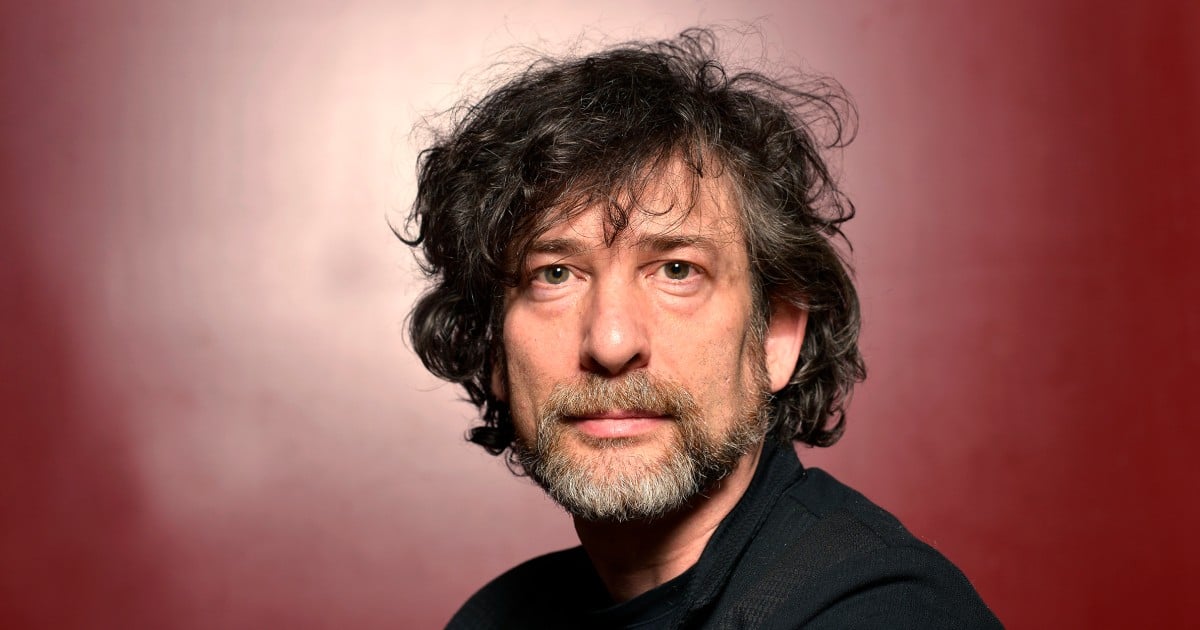Leaked emails show organizers of the prestigious Hugo Awards vetted writers’ work and comments with regard to China, where last year’s awards were held.
Organizers of the Hugo Awards, one of the most prominent literary awards in science fiction, excluded multiple authors from shortlists last year over concerns their work or public comments could be offensive to China, leaked emails show.
Questions had been raised as to why writers including Neil Gaiman, R.F. Kuang, Xiran Jay Zhao and Paul Weimer had been deemed ineligible as finalists despite earning enough votes according to information published last month by awards organizers. Emails released this week revealed that they were concerned about how some authors might be perceived in China, where the Hugo Awards were held last year for the first time.



deleted by creator
I don’t even know where to start with this it’s so nonsensical. Sure there are rights in China but to compare it favourably to the US smells so bad I find it hard to believe anyone could genuinely believe it.
I’ve spent about 6 months in both countries over the course of my life (I’m old) and China is far, far more oppressed than the US. The population there are entirely cowed, can’t express themselves freely on social media, until recently couldn’t even decide the number of children they could have, can’t protest in numbers, can’t send end to end encrypted messages, can’t access the full internet, can’t use a VPN without risk of being prosecuted and on and on and on.
Sure the US has it’s flaws but trying to say China is doing better from a rights perspective is just bananas.
You can say “death” on youtube videos in the U.S. … Please find a popular bilibili video uses 死 (actual character for “death”) in the subtitle, instead of 亖 (pronouned the same, but means “four”).
U.S. definitely is not a country that respects basic human rights, but at least they don’t need repos like these to speak on the internet: https://github.com/houbb/sensitive-word/ . You can find the sensitive words here: https://raw.githubusercontent.com/houbb/sensitive-word/master/src/main/resources/dict.txt
Most of these are sexual words, but it is not hard to see that basically everything related to politics is a sensitive word, including names of politicians, current or past; political organization, position no matter they are pro or anti CCP; and political events, anywhere from massacre, protest, to just congressional meetings.
Many other words related to human right and economics. For example, words like 中国孤儿院 (chinese orphanage), 中国民主 (Chinese democracy), 中国特色 (Chinese specialty), 中国石油腰斩 (Chinese oil stock lowered 50%), 你乃人民 (you are the people) and many many more.
YouTube censors thousands of words, including ones relating to death, so that may not be the best point of comparison.
And before you say, “they don’t censor them they just demonetize them!” that’s functionally the same thing in a capitalist society.
Censorship is more than just outright deletion, suppression and control can also be censorship. You lack a lot of freedom of speech in both platforms, it just plays out differently.
(Also YouTube does outright delete a lot of content for pretty suspicious reasons so don’t get too excited even then.)
Sorry but this is absolutely false. Lots and lots of people post videos to YouTube without a profit motive, myself included.
Did you forget about tiananmen square? Hong Kong protests? I think you did. Or you’re a boot licker.